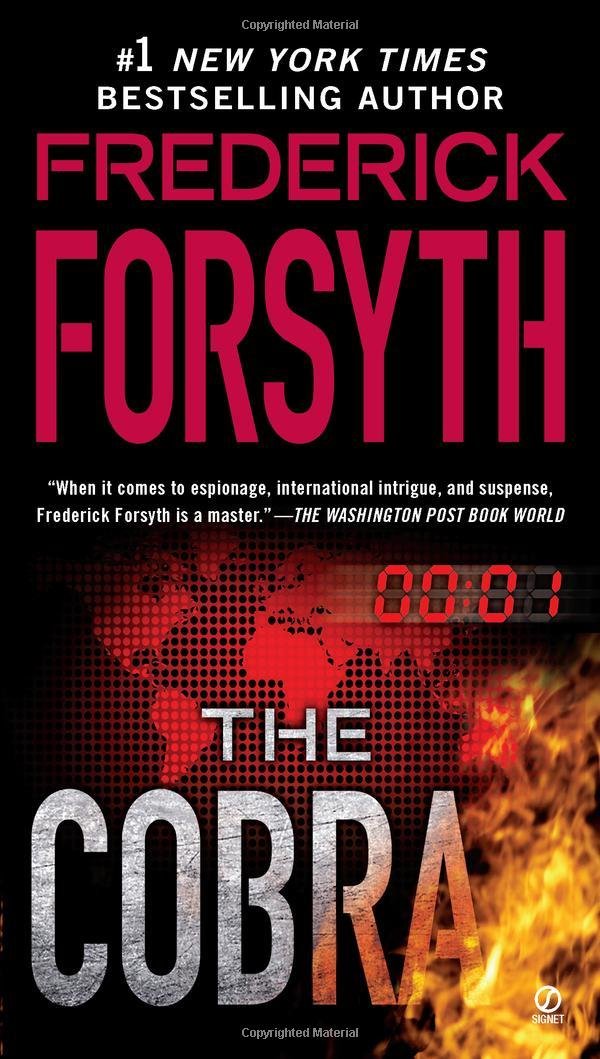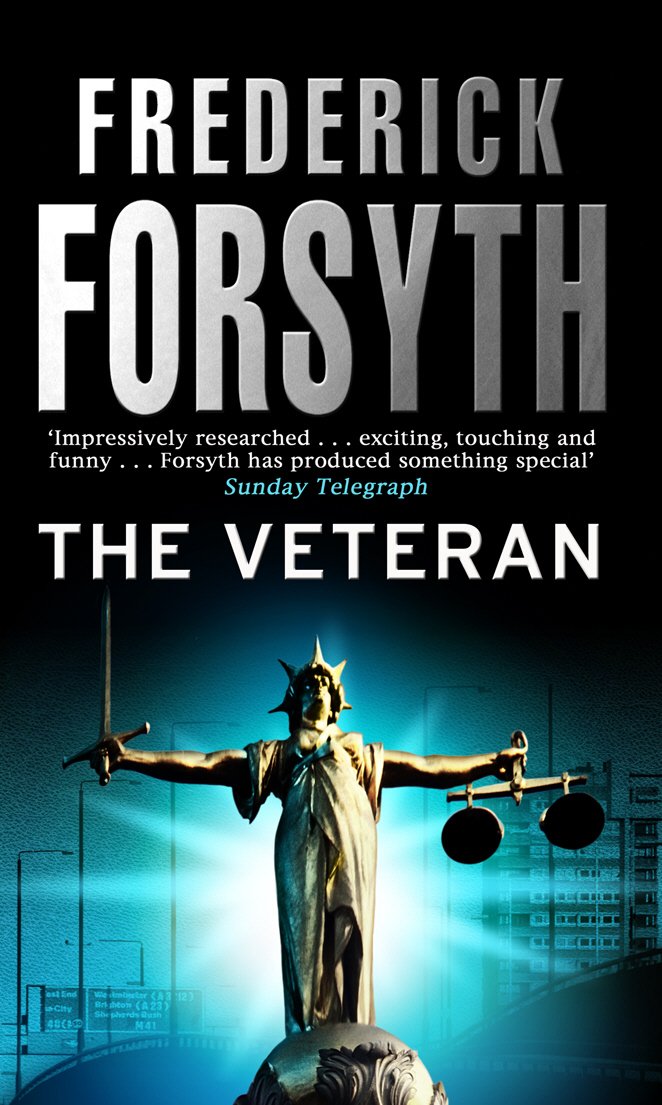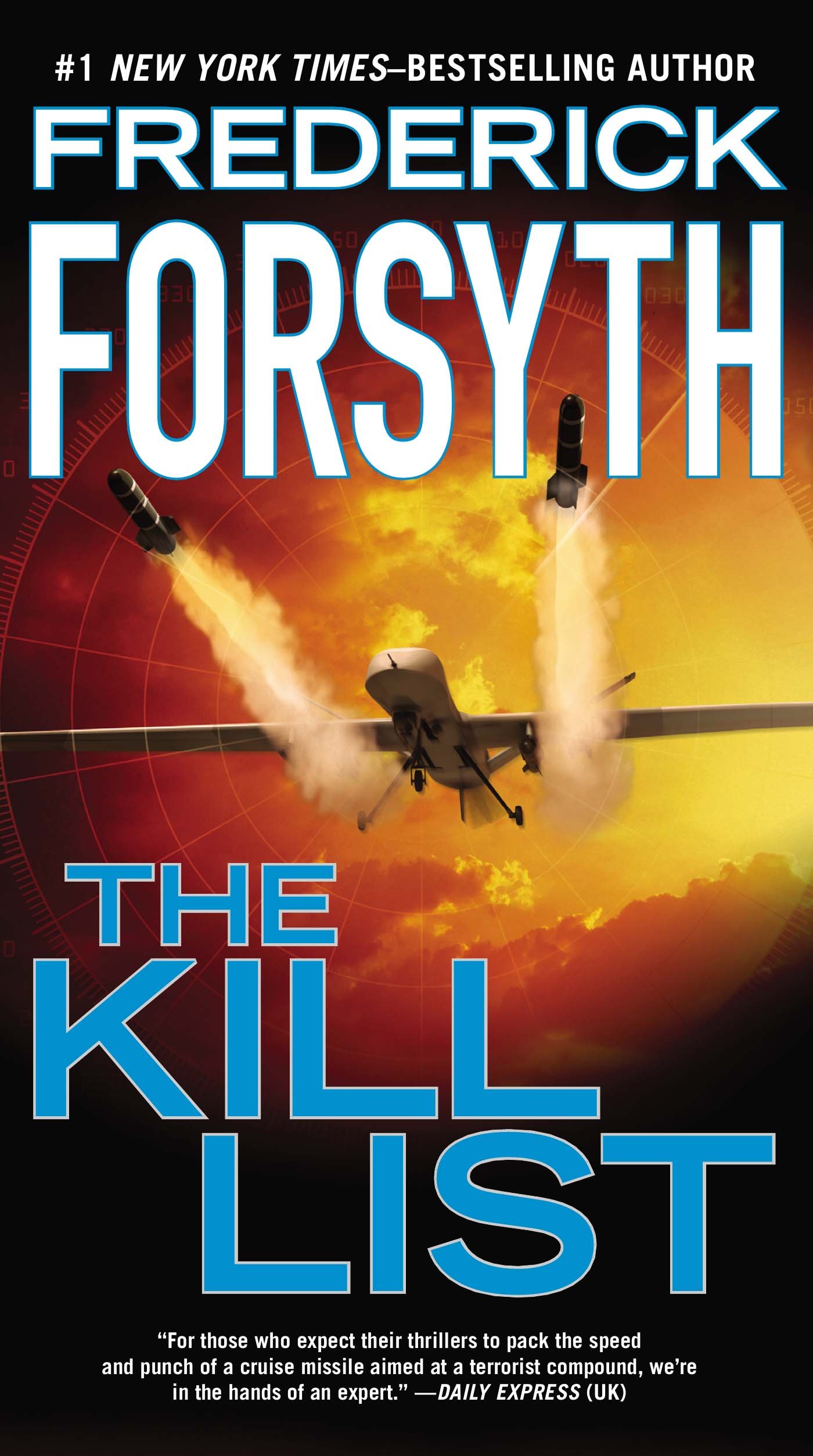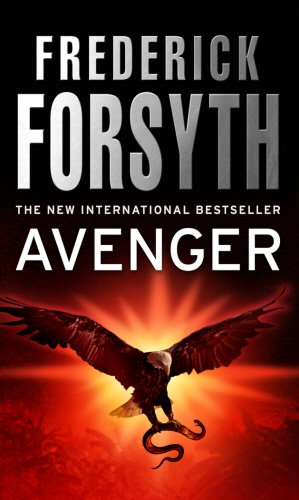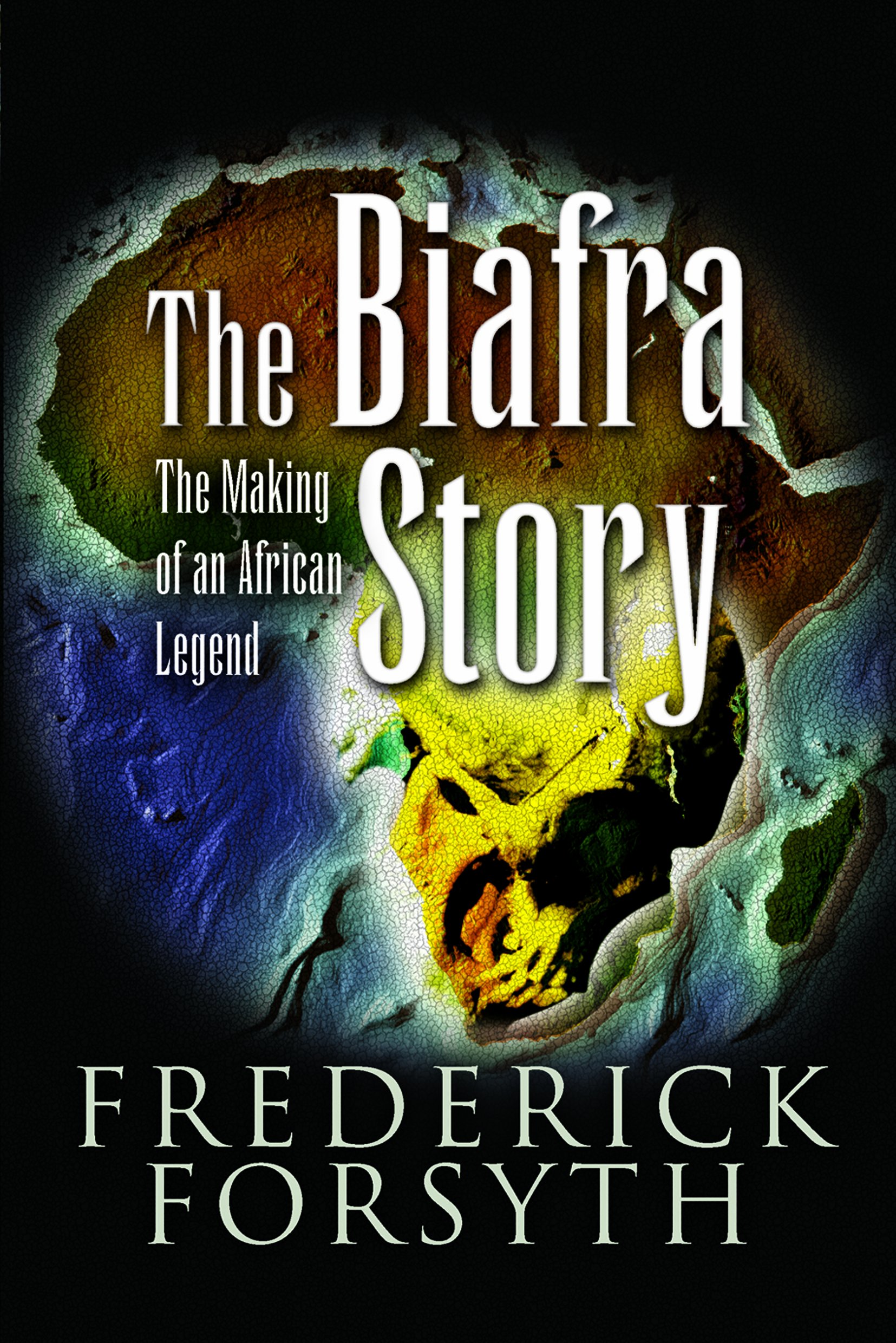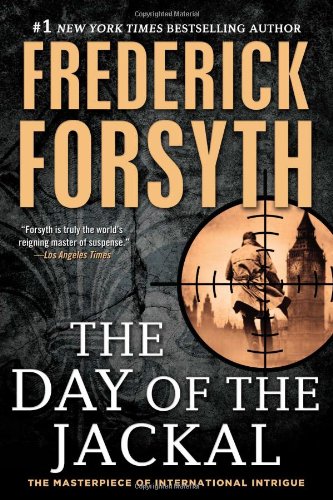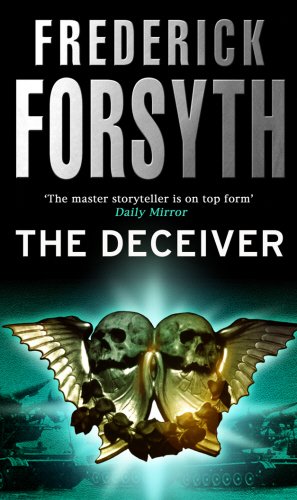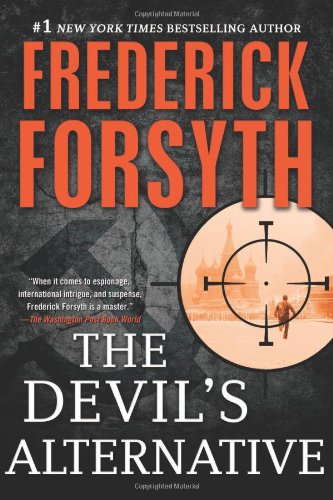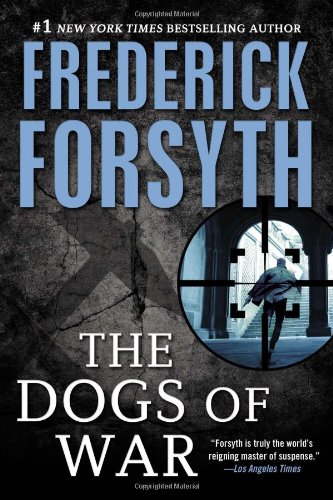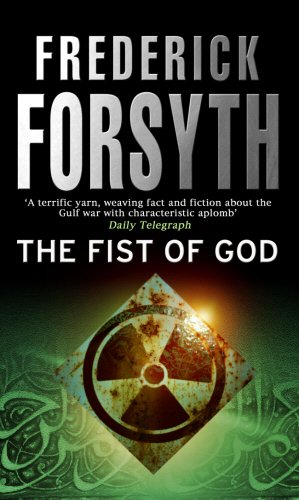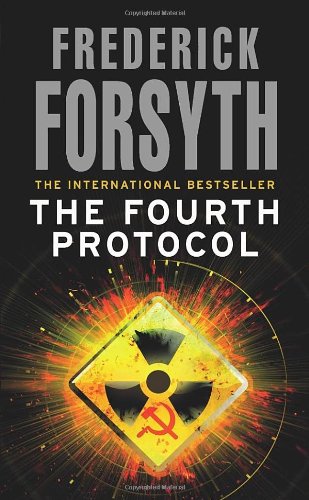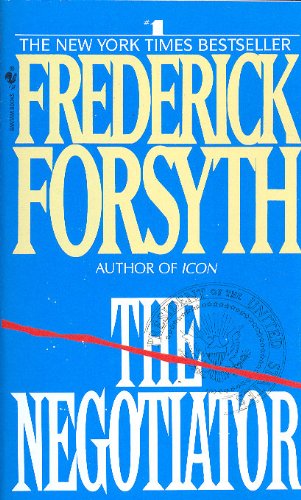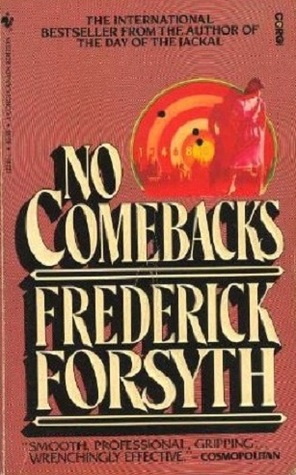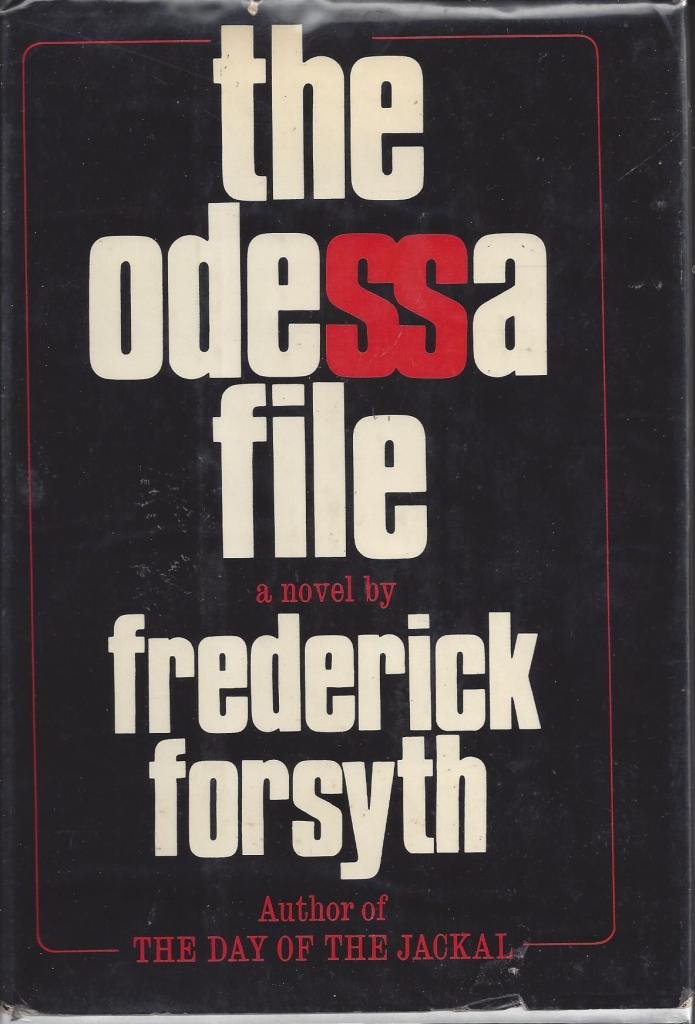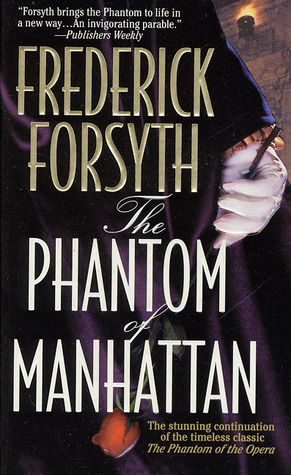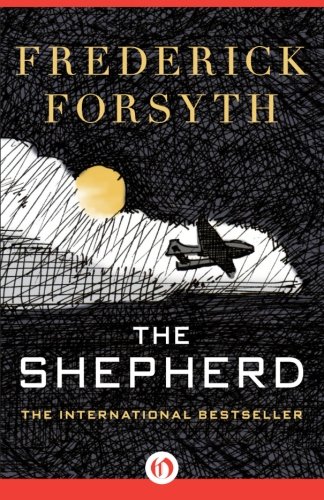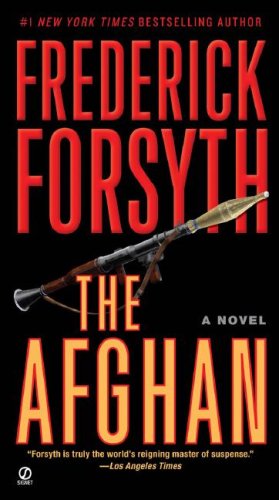In a White House meeting in 2011, a covert concordat is struck to destroy the vast world-wide cocaine industry. The man chosen is a former head of Special Ops for the CIA, Paul Devereaux, nicknamed the Cobra.
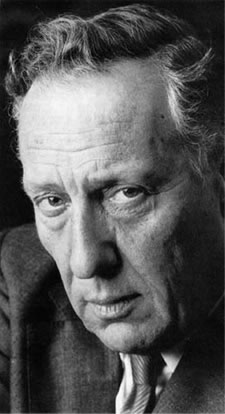
Frederick Forsyth
Frederick Forsyth has packed a tremendous amount of action into his life and frequently drawn on his experiences to lend verisimilitude to his fiction.
At the age of 19, he became the youngest pilot in the Royal Air Force, but then decided to follow a journalistic career as “it was the only job that might enable me to travel and keep more or less my own hours”.
After three years as a provincial reporter, he joined Reuters and spent the next four years in Europe. In 1965 he joined the BBC and was sent to Biafra to cover the war that was raging in Nigeria. What he saw of this brutal and cynical conflict made it difficult for him to toe the editorial line of the BBC’s coverage so he resigned, turned freelance, vanished into the thick of the conflict and later emerged to publish the highly controversial The Biafra Story.
In 1969 he decided to use his experience as a Reuters reporter in France as the basis for a thriller. Within 35 day he’d completed The Day of the Jackal, which established him as one of the world’s leading thriller writers. To date it has sold in the region of 10 million copies and was made into a major film starring Edward Fox in 1973.
In a case of life imitating art, while researching his new book The Cobra, Forsyth arrived in the West African state of Guinea-Bissau on the very day that the Army chief-of-staff was murdered, allegedly by order of the President. That night, in a tit-for-tat attack, the President himself was bombed out of his residence, shot and hacked to death. Unable to leave the country, Forsyth found himself back in the role of journalist reporting on this coup for the British press.
Frederick Forsyth is married and lives in Hertfordshire. His interests include swimming, scuba-diving, game-fishing, travelling and reading. He was awarded a CBE in 1997.

